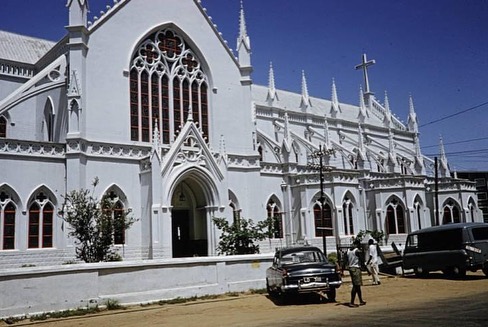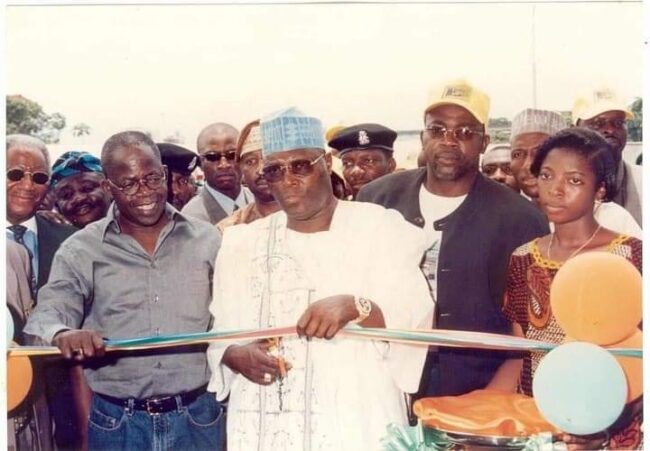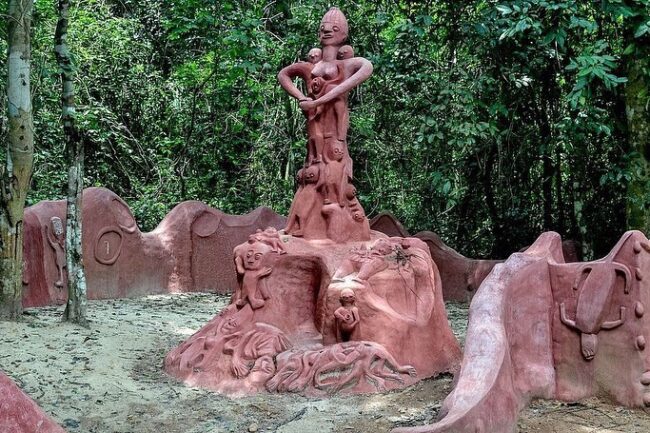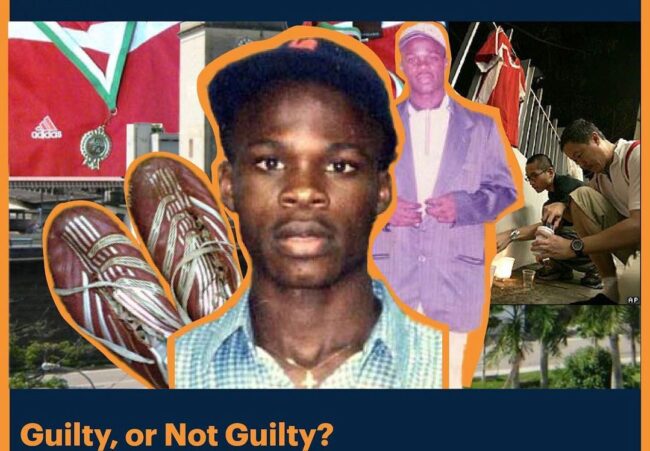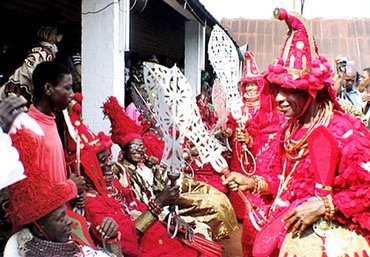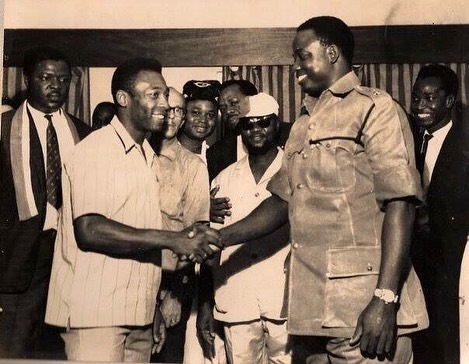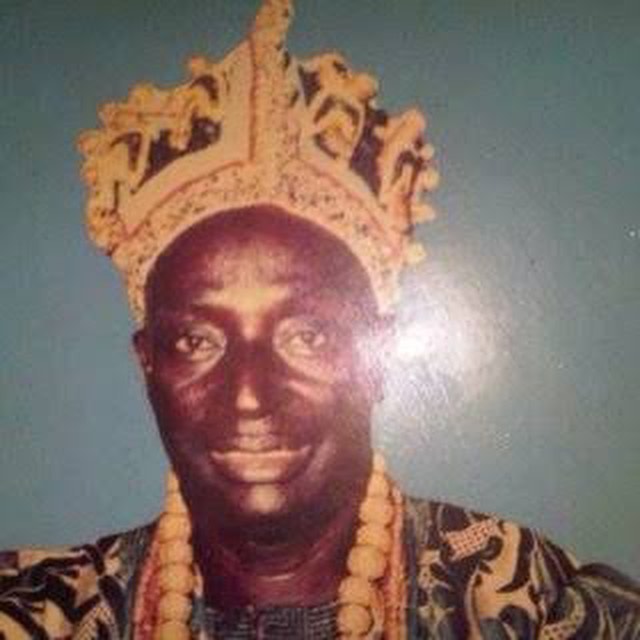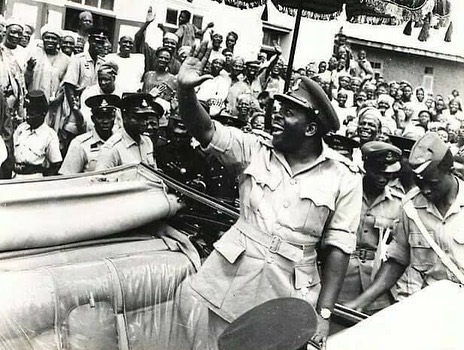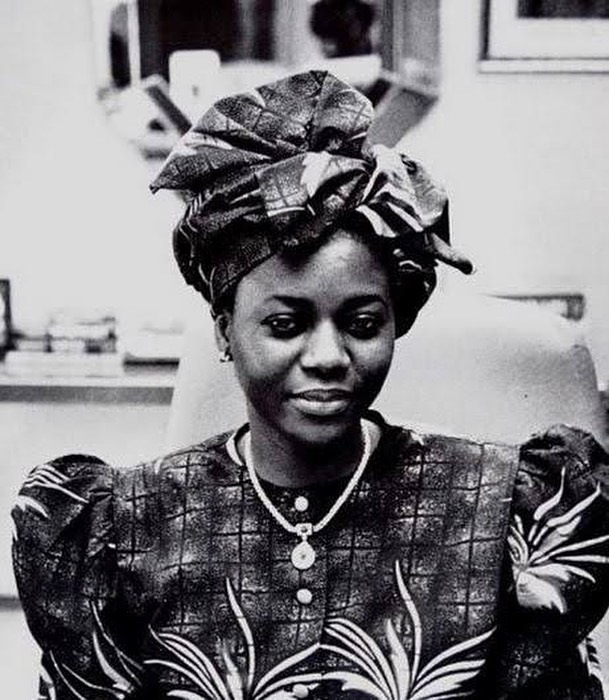There once was a man who inhabited this fragile planet. He arrived, observed, and triumphed. He left a deep influence on individuals of different ages and socioeconomic backgrounds. This man was outstanding; he was renowned for his bravery, valor, and courage. He was none other than Oba (Sheik) Tijani Abimbola Oyedokun II JP, the late Okere of Saki Land. The finest teacher, so the saying goes, is life itself; the more you experience, the more you learn. However, Oba Abimbola was a teacher of everything. His approach was straightforward. He used illustrations and examples to teach. When presented with an ethical conundrum, people of any age or period should consider studying, reasoning, and even reflection. Everyone looks up to him; he is the cornerstone of his town. Everyone knows they can trust him since he always fulfills his commitments. One of his chiefs said, “I have met a lot of clever people, but very few are as intelligent as Oba Abimbola,” to a question. Before you even said anything, he said what you were saying. He could see right through what you were saying, and if you weren’t careful, he could also see right through you. He represented for me what a guy ought to be like in his relationships with his community, his family, and other people. “I have only known one person who feared no fear,” he said. He was Aremu Ado, and nothing else. There is an old saying that goes, “Records are kept simply to operate as guides to the future, rather than to assist the weakness of the memory.” In 2000, there was an incident at the Oyo State Council of Obas and Chiefs. At a council meeting, Oba Abimbola, who was also Olubadan of Ibadan, Soun of Ogbomoso, Eleruwa of Eruwa, and Aseyin of Iseyin, was present as a joint vice chairman of the council. Alaafin of Oyo, the council’s permanent chairman, entered the room, and every Oba and chief inattendance stood up in recognition of Iku Baba Yeeye, with the exception of one. It is documented that during his reign in Saki, His Imperial Majesty, Oba Lamidi Adeyemi II, refrained from visiting Saki; the reason for this and his aim were well known. However, because of his understanding of and predisposition for Islam, he was called “a strong headed Oba” who was being swayed or induced. Did you know that even before death called, Oba Abimbola made preparations for dying? A unique and exceptional occurrence among international leaders and rulers. About fifteen years before his death, he gave the order to have a burial dug in a room designated for that purpose inside his constructed mosque. He took this action to prevent the custom of burying rulers in Saki territory. He really set the pace! Regarding Spiritualism, Sheik Tijani was a leading proponent. He was a spiritual war lord who was highly regarded. “I can remember vividly, every time visitor(s) came visiting at his palace, Baba would discharge them when prayer times were reached, no matter how important or urgent the meeting was,” said one of his Olori (Queen).…

